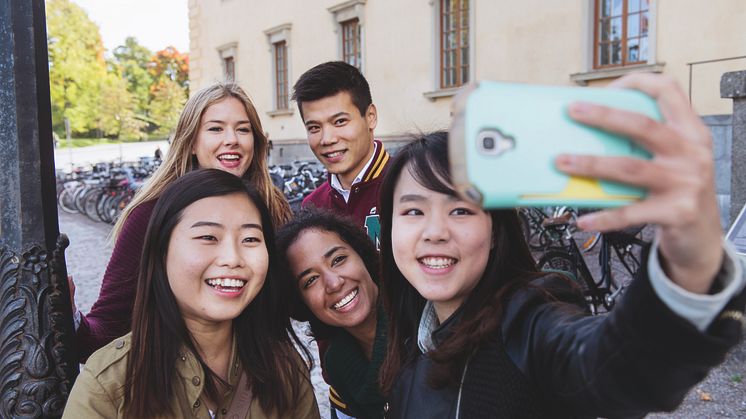
Blog post -
In the club -I have a feeling I belong here
Building a community is not a quick win. So, why do for-profit brands invest time and money in this activity? In short, creating a community connected to your brand gives the customers a feeling that they are included. And nothing generates brand loyalty like inclusion.
Despite technology’s advances, and the endless ways of connecting with others, many people feel more lonely than ever. We are experiencing a crisis of belonging. Connections made on social media tend to be superficial and shallow, and in 2021, people crave meaningful engagement.
The sense of belonging, and inclusion of a group, is a basic need that all humans share (right at the bottom of Maslow’s hierarchy of needs1). Some find this togetherness in a church, a curling team or a choir – others find it in a company. Some examples of successful brand communities are Nike, Apple, Lego, Harley Davidson and GoPro, where the product helps the user to be a part of a desired lifestyle. But also service-companies like Airbnb have a strong community, with loyal customers that identify themselves with the core value of the brand.
STAND BY ME
Customer loyalty is a much desired goal, and it does not come easy. The loyalty is measured on the customer’s likeliness to return to a brand or company for repeated business. When a customer is loyal to a specific brand, they are not easily influenced by availability or pricing. They are willing to pay more as long as they get the same quality product or service they are familiar with and love.
Some of the perks with loyal customers is that they offer feedback on improvements of the brand, and are more likely to refer a brand to their family and friends. They stand by you in tough times, because they are a member of your family, your club. Being a fan of your brand means more than mere consumerism. With the right structures in place, it can become a lifestyle.
YOU CAN FIND ME IN THE CLUB
The electric car brand Lynk & Co, has opened two clubs in Europe – in Amsterdam and Gothenburg. They have swapped the traditional private ownership model for a rental and shared driving scheme. Very much like other streaming services these days. This way, Lynk & Co appeals to a new generation of drivers less inclined to own a car, with a more flexible and sustainable lifestyle.
– We see that more people care more about experiences, than about ownership, says Lynk & Co’s CEO Alain Visser in their reveal video. People like to drive a car, they don’t necessarily want to buy or own a car. So we needed to come up with something fundamentally different.
The Lynk & co Clubs are flexible spaces where the public can come and go freely, have a coffee or a branded mocktail; they can use it as a shared workspace or pop in for a live event. The modular Amsterdam space will show exhibitions, stage live music, fashion shows, conduct cooking classes and even have niche lessons in, say, adult puppeteering. The Club concept is also anchored on collaboration with likeminded brands, like for instance Swedish bike brand Vässla.
OUR HOUSE, IN THE MIDDLE OF OUR STREET
Another brand that is strongly connected to their customers, or members, is Axel Arigato. The company, which began as an online-only couture sneaker label, has now five brick and mortar stores in Europe. When opening the flagship store in Copenhagen, the reviews were extraordinary. Designed by Halleroed and Max Svärdh, the store is perceived more as a contemporary art exhibition than a shoe shop.
– The store is created for the people in our community, rather than bringing sales. This is the future of retail, says co-founder and CEO Albin Johansson of the space, which will also play host to special projects and weekly events. Our mission has always been to work without boundaries and bridge fashion, art, commerce and community.
During the pandemic, the brand has now moved their community activities online – hosting live panel talks and afterparties. All to “provide our community with a sense of escapism during these testing times”3.
So all in all, as a marketing tactic, community building takes a lot of effort and creativity. But creating a sense of belonging is one of the most effective ways to build brand loyalty. Welcome to the club.
